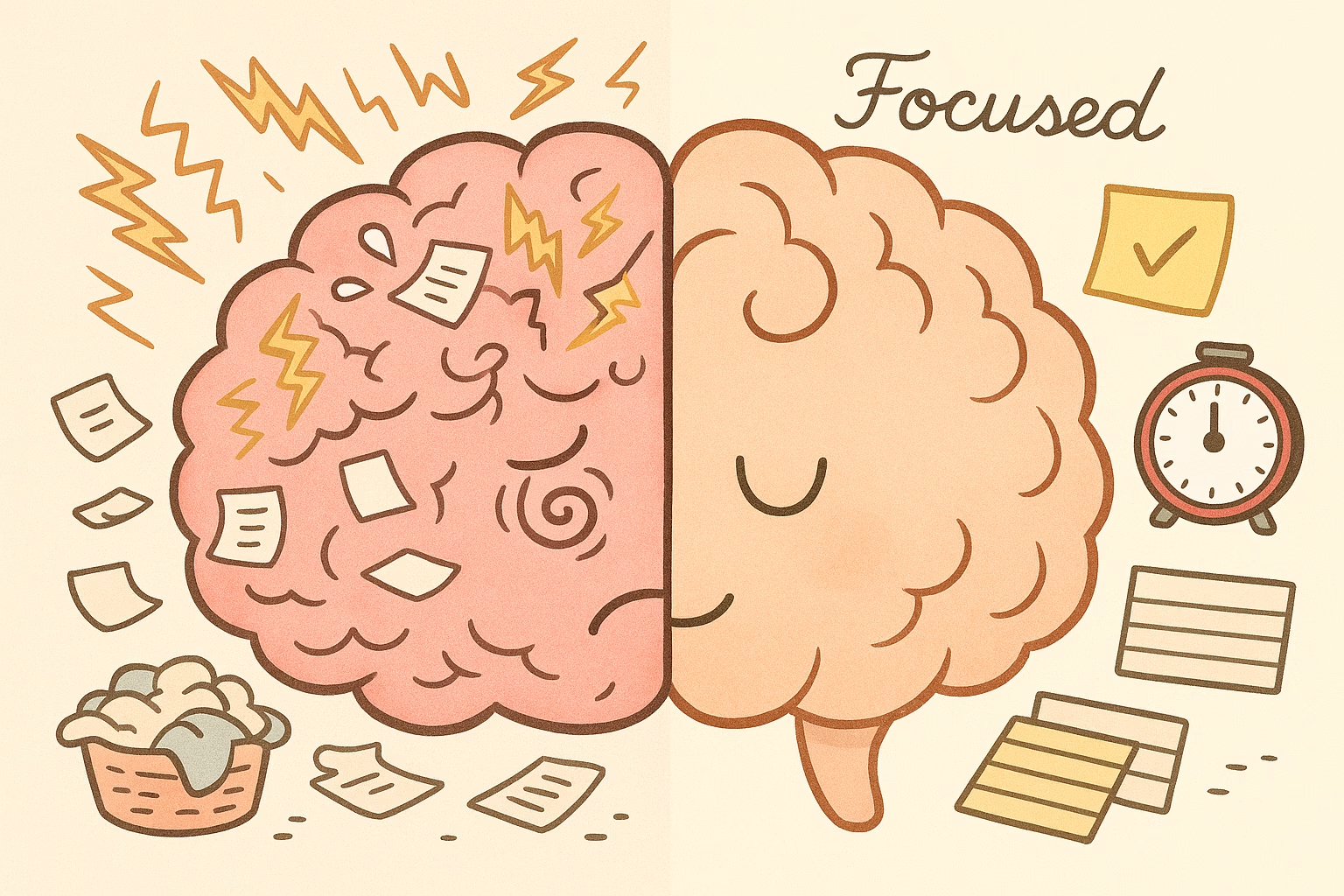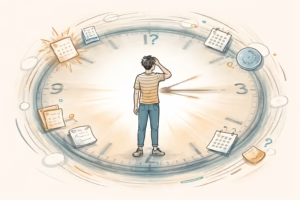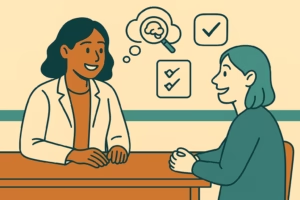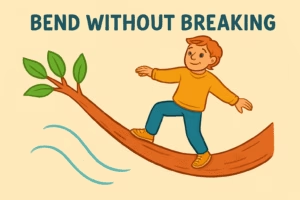Distraction isn’t just about losing focus—it’s often about losing your foothold in the moment. For people with ADHD or executive function challenges, the struggle to stay on task isn’t rooted in laziness or carelessness, but in neurological patterns that respond differently to boredom, overwhelm, and environmental cues.
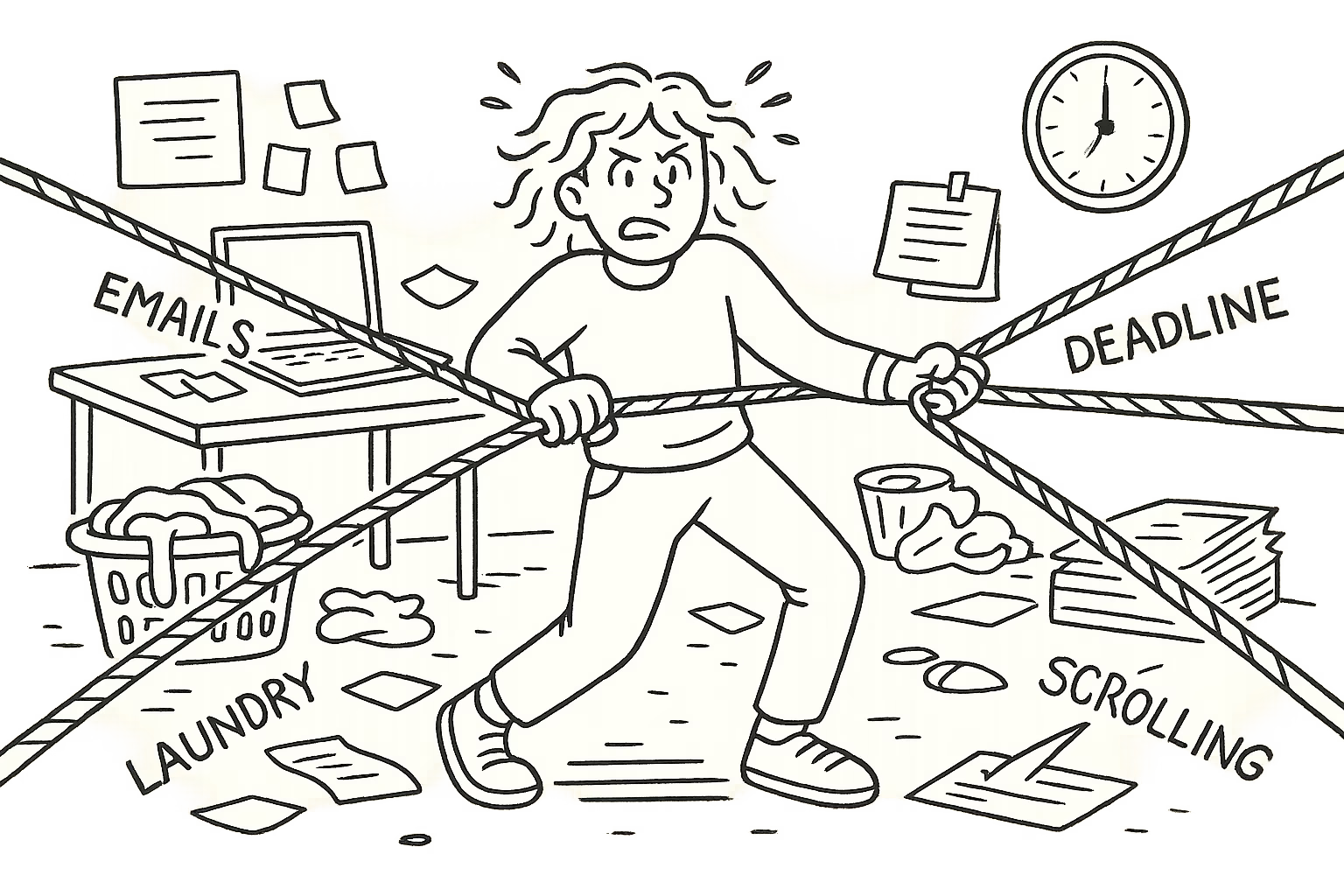
The ADHD Attention System Isn’t Broken—Just Different
ADHD brains are wired to seek stimulation. In the absence of novelty or urgency, the brain may simply tune out, no matter how important the task is. This isn’t a conscious choice—it’s often an involuntary shift, triggered by under-activation in the brain’s reward and motivation systems.
Tasks that are dull or open-ended—like writing reports, doing laundry, or finishing forms—can feel like walking through mud. On the other hand, exciting or high-stakes tasks might bring laser focus. This rollercoaster of attention can be frustrating for both the individual and those around them.
Why Some Tasks Feel Impossible
You may know exactly what needs to be done but find yourself frozen or fleeing. This happens when a task feels:
- Too boring – there’s not enough stimulation to engage your brain.
- Too big or unclear – your executive function system can’t find a way in.
- Too emotionally loaded – fear of failure or perfectionism triggers shutdown.
These states can lead to guilt spirals, procrastination, and self-doubt—further lowering motivation.
Strategies That Actually Work
Let’s reframe “staying focused” as “managing engagement.” Here are practical ways to do that:
1. Chunk the Task
Break work into small, visible pieces. Instead of “write report,” try “open document,” “write intro,” and “bullet key points.” Each tiny win fuels the next.
2. Make It Feel Urgent or Interesting
Add time limits, races, or novelty. A Pomodoro timer or body-doubling with a friend (co-working while on video) can inject just enough stimulation to get started.
3. Use Visual Cues
Post-it note reminders, progress bars, or a visual checklist can keep the task front-of-mind and reduce mental clutter.
4. Reward the Process, Not Just the Outcome
Celebrate showing up, not just finishing. A cup of tea, a few deep breaths, or sharing progress with someone can reinforce that effort matters.
5. Address Emotional Load
If perfectionism or fear is blocking you, try a “permission slip” mindset—like “I’m allowed to do a rough draft,” or “I can stop after 10 minutes if I want.”
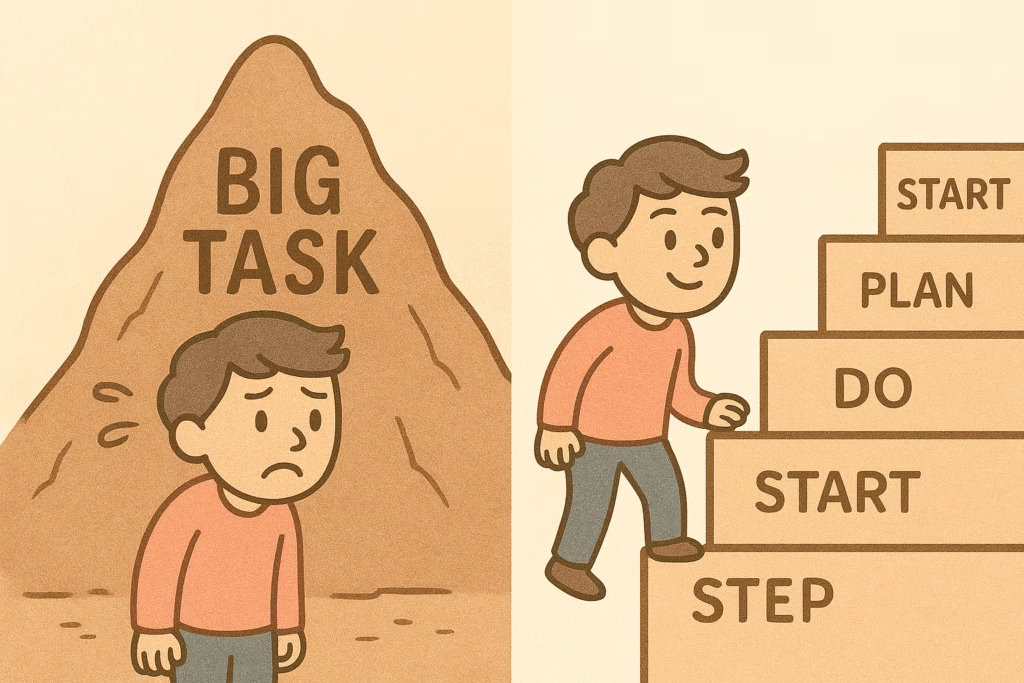
Final Thought
Distraction is not failure. It’s a signal. When the world feels overwhelming or unbearably dull, your attention system is waving a red flag. Learning to respond with compassion and curiosity—not shame—makes space for strategies that actually help.

